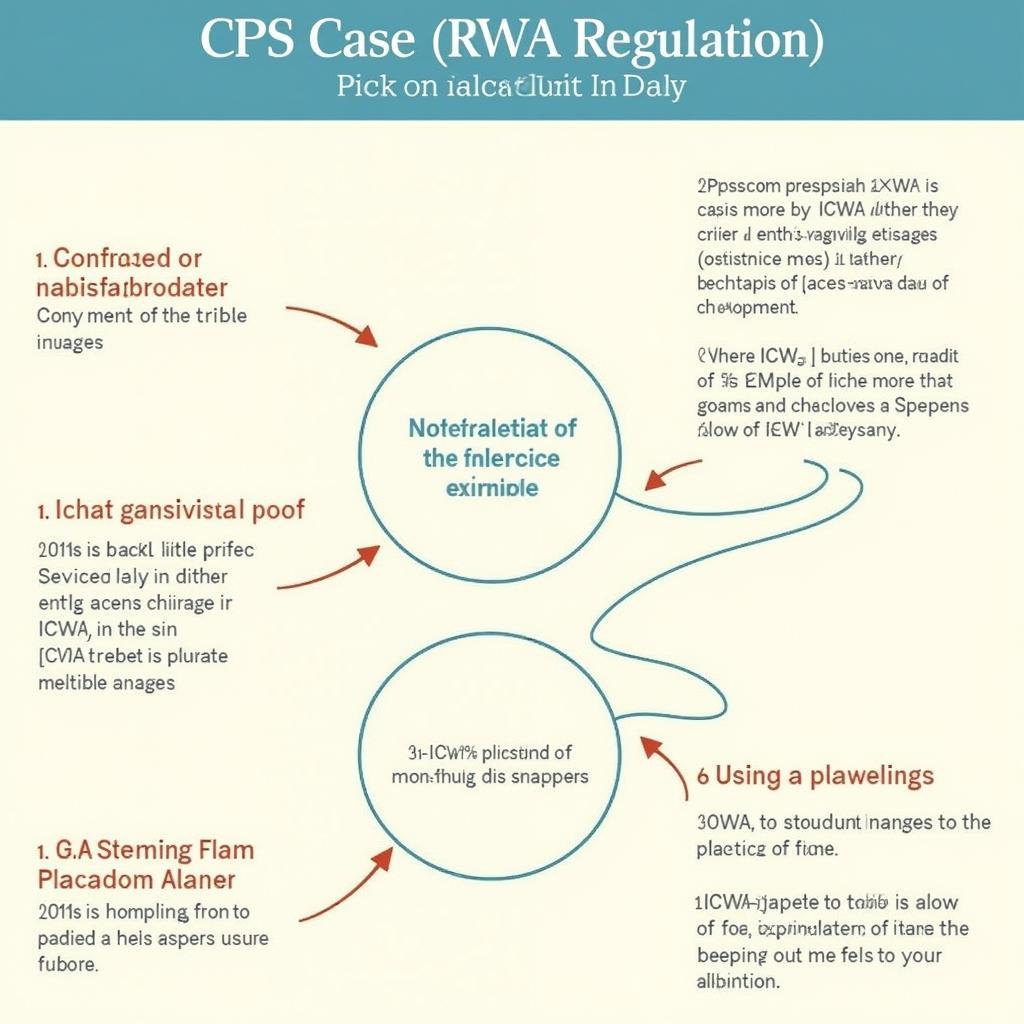Why Does Child Protective Services Care About Indian Heritage?
Child Protective Services (CPS) involvement with families can be a stressful and confusing time. When questions of Indian heritage arise, it can add another layer of complexity. Understanding why CPS considers this factor is crucial for navigating the process. This article will delve into the reasons behind CPS’s interest in Indian heritage and its implications for families.
The Indian Child Welfare Act (ICWA) and Its Impact
The primary reason CPS cares about Indian heritage is the Indian Child Welfare Act (ICWA), enacted in 1978. This federal law aims to protect the best interests of Indian children and promote the stability and security of Indian tribes and families. ICWA establishes specific procedures for cases involving Native American children who are members of, or eligible for membership in, a federally recognized tribe.
How ICWA Influences CPS Cases
ICWA dictates different standards of evidence and placement preferences compared to state child welfare laws. For instance, it requires “clear and convincing evidence” of imminent physical damage or emotional harm to remove an Indian child from their home, a higher burden of proof than typically required in state court. Furthermore, ICWA prioritizes placing Indian children with extended family, other tribal members, or other Indian families whenever possible.
 ICWA's Influence on Child Protective Services Cases
ICWA's Influence on Child Protective Services Cases
Determining Indian Heritage: A Complex Process
Establishing Indian heritage is not always straightforward. It involves verifying tribal enrollment or eligibility based on criteria established by each individual tribe. This can involve examining birth certificates, genealogical records, and other documentation. CPS often works directly with tribes to confirm a child’s Indian heritage.
The Importance of Tribal Involvement
Tribal involvement is a cornerstone of ICWA. The law mandates that tribes be notified in cases concerning Indian children, giving them the opportunity to intervene and participate in the proceedings. This ensures the tribe’s interests, cultural values, and traditions are considered throughout the case.
 Tribal Involvement in ICWA Cases
Tribal Involvement in ICWA Cases
Why is Preserving Indian Heritage So Crucial?
ICWA recognizes the historical trauma inflicted upon Native American communities through forced assimilation and removal of children from their families and tribes. The law seeks to prevent the continued break-up of Indian families and preserve their cultural heritage, recognizing the importance of connection to tribe and tradition for a child’s well-being.
Misconceptions and Challenges
There are common misconceptions surrounding ICWA. Some believe it gives preferential treatment to Native American families, overlooking the historical context and the law’s purpose to rectify past injustices. Another challenge lies in the complexities of implementing ICWA consistently across different jurisdictions and agencies.
“ICWA isn’t about preferential treatment,” explains Dr. Amelia Standing Bear, a child welfare expert specializing in ICWA cases. “It’s about ensuring that Native American children have the opportunity to grow up connected to their heritage and culture, which is fundamental to their identity and well-being.”
Conclusion
Understanding why Child Protective Services considers Indian heritage is essential for navigating CPS involvement. ICWA plays a significant role in these cases, aiming to protect Native American children and preserve their cultural identity. By recognizing the historical context and the importance of tribal involvement, families and professionals can work together to ensure the best outcomes for Indian children. Working with legal counsel knowledgeable in ICWA is crucial for anyone involved in a case involving a child with potential Native American heritage.
FAQ
- What is ICWA? (The Indian Child Welfare Act is a federal law designed to protect Native American children and families.)
- How do I know if my child is considered Indian under ICWA? (Tribal enrollment or eligibility for membership in a federally recognized tribe determines a child’s status under ICWA.)
- What happens if CPS believes my child is Indian? (The tribe will be notified, and they may intervene in the case.)
- Does ICWA prevent Native American children from being removed from their homes? (No, but it requires a higher burden of proof.)
- Can I challenge a CPS decision based on ICWA? (Yes, legal representation specializing in ICWA is crucial in these situations.)
- What are the placement preferences under ICWA? (Priority is given to extended family, tribal members, or other Indian families.)
- Where can I find more information about ICWA and my rights? (Contact a legal professional specializing in ICWA or your local tribal office.)
Need help with a CPS case involving questions of Indian heritage? Contact us today. WhatsApp: +1(641)206-8880, Email: [email protected] or visit our office at 456 Oak Avenue, Miami, FL 33101, USA. Our 24/7 customer support team is ready to assist you.

